Ministers are finally going to issue advice to households on the best methods to cut their energy usage, and bills, this winter. The public information campaign, expected before Christmas, has been at the centre of a debate that has spanned three prime ministers and divided the Conservative party.
The government had been ready to push the button on a £15m campaign signed off by the then business secretary, Jacob Rees-Mogg, but that was blocked by Liz Truss for fear it would be perceived as “nannying”.
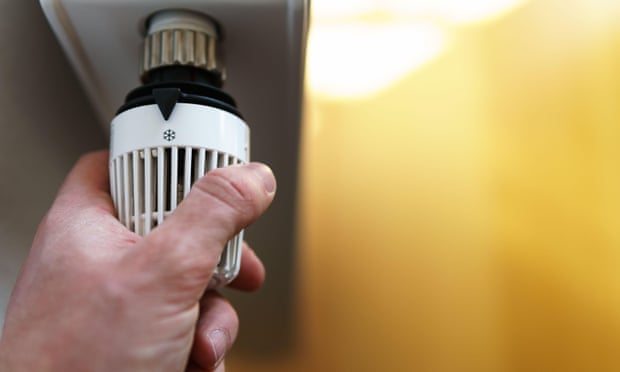
Meanwhile, European governments have launched a series campaigns ranging from urging the public to lower thermostats at home to turning off lights on public buildings. John Musk, an analyst at the investment bank RBC, said: “It is very late in the day for the UK government to finally realise that the cheapest way to deal with the energy crisis is to save energy usage.”
The housing secretary, Michael Gove, said on Thursday that the campaign would not be “nannying or patronising”, and would point people towards “authoritative sources of advice” on managing energy usage. Those sources could include the energy regulator, Ofgem, bodies such as the Energy Saving Trust (EST) and retail suppliers.
In previous state energy drives stars such as the TV chef Delia Smith have been used to push the message. (Those adverts are well worth a look.)
It is unclear whether an advertising agency will be tasked with devising the campaign, however data from Tussell, which monitors government tenders, shows a contract worth up to £30m was issued by the business department in May for the “provision of media buying services” – for everything from TV to social media – to a division of the advertising giant Omnicom. A tender for a separate, four-year contract worth up to £1.5m for ad-hoc “campaign media activity” planning for the department was issued to agency Mindshare in the spring.
Officials have identified eight changes to save up to £420 a year with no loss of comfort, the Times reported. Here are some of the suggested measures and the estimated annual saving ministers think each will deliver.
Reduce boiler temperature: £80
Around 23m homes get their heating and hot water from gas boilers. Reducing the boiler flow temperature at which water is pumped from your boiler to your radiators will not lower the temperature of hot water from your taps, but can save money. The majority of combi boilers are set between 70 and 80C, but work most efficiently at around 60C.
Turn off heating when going out: £105
An obvious way to cut usage, and bills, is to make sure you’re not heating a house when no one is in, by making switching off the heating part of your leaving-the-house routine, like grabbing your keys and wallet or bag.
Turn off radiators in empty rooms: £105
Similarly switching off radiators in rooms which are unused or little used could deliver significant savings. This is a more obvious benefit for those with large houses, or bedrooms which are not used every day.
Electrical savings such as ditching standby: £55
This is the estimated annual saving from a series of small measures, such as turning off electrical devices rather than keeping them on standby mode. The Times report does not detail the other measures but they could include remembering to turn off lights and avoiding the tumble dryer in favour of drying racks. The Energy Saving Trust estimates those two measures can save up to £25 and £70 a year respectively.
Switch baths for showers: £15-£20
Government analysis reportedly forecasts that those who take frequent baths can save £15 by swapping one out for a shower once a week. EST advice states switching just one bath a week for a four-minute shower can save £20 a year on bills. However, it is understood the government has rejected calls to advise people to take shorter showers or turn down their thermostats due to ministers’ nanny state concerns.
Investing in your home: various savings
Campaigners have long argued that the single most effective way to save energy is through effective insulation. It is understood the campaign will push this measure, encouraging measures such as loft insulation, cavity wall insulation and thermostatic radiator valves. In the autumn statement last week, chancellor Jeremy Hunt announced a further £6bn in energy efficiency funding from 2025.
EST estimates that using a programmer, room thermostat and thermostatic radiator valves saves £180 a year. It costs about £580 to install a full set of controls, with that investment recouped in four years. Other measures, such as solar panels, will require a far greater outlay although the payback time has shortened since the energy crisis pushed up bills.
Other measures the government could consider advising the public on include: draught-proofing windows and doors, insulating hot water pipes and bleeding radiators.
The Guardian





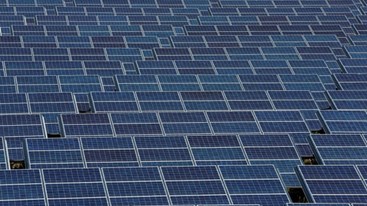
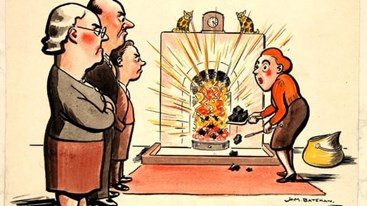
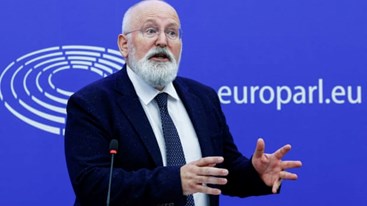

.jpg?w=367&h=206&mode=crop) Notice for Contracts award for Support to Industrial Enterprises for Energy Audits and Preparation of Feasibility Studies (Package No. C2.2.4)
04/06/2024
Notice for Contracts award for Support to Industrial Enterprises for Energy Audits and Preparation of Feasibility Studies (Package No. C2.2.4)
04/06/2024
 Training Courses for Energy Managers and Energy Auditors
Training Courses for Energy Managers and Energy Auditors
 Vietnam Energy Outlook Report – Pathway to Net Zero
Vietnam Energy Outlook Report – Pathway to Net Zero
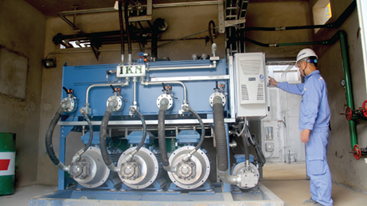 Long Son Cement saves 30% of electricity consumption thanks to heat recovery
Long Son Cement saves 30% of electricity consumption thanks to heat recovery
 Expression of Interest: C2.1.15: Development of Energy-Efficient Technology Catalogs for the Industrial Sector
Expression of Interest: C2.1.15: Development of Energy-Efficient Technology Catalogs for the Industrial Sector
 Optimizing Compressed Air Systems for Southern Industrial Enterprises
Optimizing Compressed Air Systems for Southern Industrial Enterprises
 The Ministry of Industry and Trade Review the Energy Efficiency and Conservation activities in Lao Cai.
The Ministry of Industry and Trade Review the Energy Efficiency and Conservation activities in Lao Cai.
 EOI Extension: C2.2.2: Review and update for current EE benchmarking for 2 sub-industrial sectors
EOI Extension: C2.2.2: Review and update for current EE benchmarking for 2 sub-industrial sectors